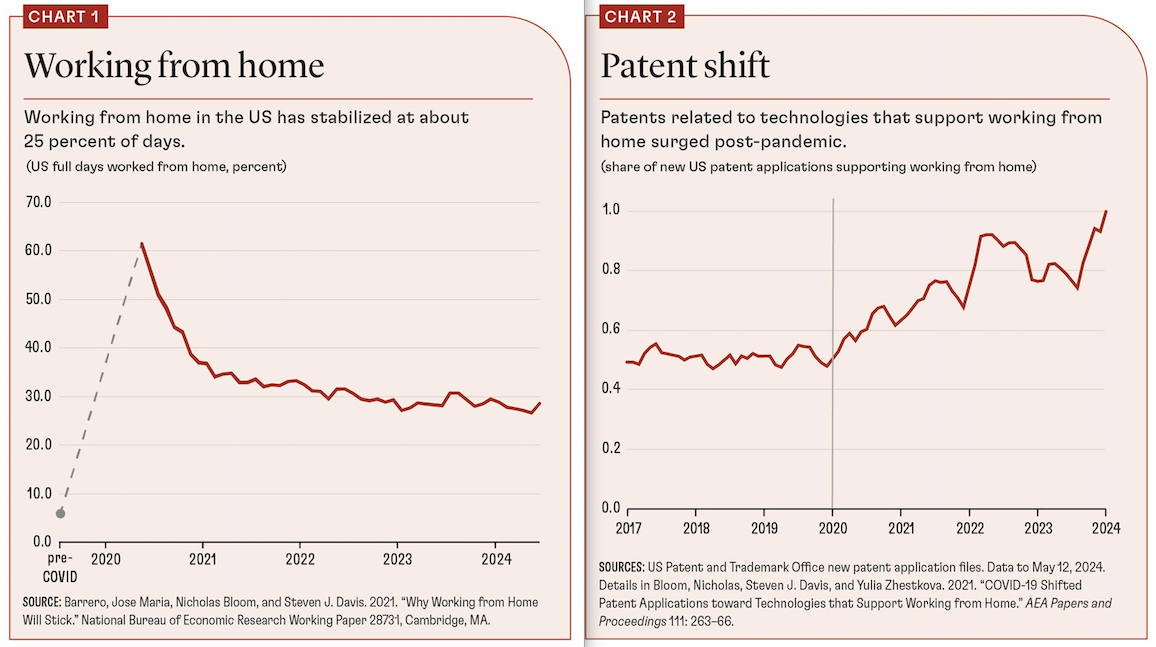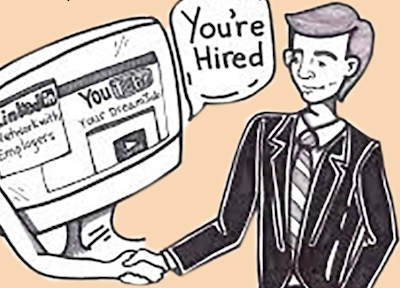The art of writing speculative letters
 Writing Letters
Writing Letters
‘If you write an on spec letter that starts with 'Dear Sir/Madam' then you might as well start it with the words 'put this through the shredder'.’
Draw up a shortlist of employers
If you want to work at a specific industry, look up employers in the career sectors that interest you, such as publishing houses and law firms. For more general roles, you might choose to focus on employers within a particular region.
When it comes to finding out more information about potential employers, good sources include:
- local and national newspapers
- specialist business and trade publications
- magazines and webs by professional associations
- online business directories such as Kompass UK and Kellysearch.
If you still have access to your university's careers service, it's worth looking through the information they have on local employers, including reports from alumni.
You could also try your local council or library.
Remember, personal networks can be useful too. Friends, family members and friends of family members can all be good contacts to help you get that first foot in the door.
2. Prepare to apply on spec
Once you have your employer shortlist, you need to do your research. Find out details about the company and get a feel for the kind of work they do. This will help you to show a genuine interest in the employer and make a convincing speculative application.
3. Make a personal contact
Finding a named contact is the golden rule of making a speculative application. 'Dear Sir/ Madam' letters have a high probability of being ignored. It's easy to make a quick phone call to the company to ask for the name of the person who's responsible for recruiting - then you'll be able to personalize your letter.
4. Stay focused, but also open-minded Be clear about what you are looking for when contacting potential employers. Making a speculative approach can be a great way to:
- find permanent, temporary or part-time vacancies, work experience or work shadowing opportunities.
- arrange a time for a chat on the phone, a brief visit or the opportunity to meet a recent graduate or employee of the organization.
5. Follow up: it's good to talk To improve your chances of success, follow up your speculative application with a phone call a few days after you have sent it; personal contact can create a good impression and make you more memorable.
Even if the employer can't help with your main request, talking to them will be your chance to ask if there are any opportunities coming up, find out how the organization typically recruits and where you should look out for their job ads.
1. Remember the subject line Don't leave the subject line blank. Application for graduate surveyor position, for example, is informative and looks professional.
2. Your email address
Use an email address with your initials and surname or your full name. Kooky names - even witty ones-won't cut it with graduate recruiters.
3. Check your attachments
Hello Emma
I've heard that you're in I've seen your ad and send me information
Thanks James Pennings
4. Hi, Hello or Dear?
'Hi' is too casual for your first contact with an employer.
'Dear Emma Jones' is probably your safest bet - if they reply with a 'Hi' and your first name then take their lead, but still retain a professional tone. that you're looking for graduate surveyors. Is that right? your ad and am keen to know more. Could you please information so I can know what you really want? Pennings
5. Does your email have a respectful, considered tone?
It's all to easy for the tone of an email to slacken off and become casual and thoughtless. How might the following come across to an employer?
I've heard that you're looking for graduate surveyors. Is that right?’
The employers thinks: this candidate sounds as if they apply on hearsay. Is that really the standard of accuracy we want in our company? It's also a bit muddled as they go on to say they've seen an ad. Which ad and where? 'Is that right' sounds a bit confrontational. Of course it's right, I booked the ad!
I've seen your ad and am keen to know more. Could you please send me information so I can know what you really want?' The employer thinks: this candidate might think they're creating the right impression, but everything points to someone who's dashed off this email in a hurry. I know what I 'really want, and that's for someone to have read my ad and to give me an idea of why they might be suitable.
6. Signing off
Close your email as you would a 'proper' letter. You should make the effort to get a contact name for your application and address that person directly-so sign off with 'Yours sincerely' and use your full name.
Think big
Make sure you look at an employer's current vacancies, even if they are bigger roles above your level of experience. You can get an idea of the types of coles, areas of work and skills required for the job. You may also pick up on keywords that are used in the organization's recruitment advertising.
29-09-2024




